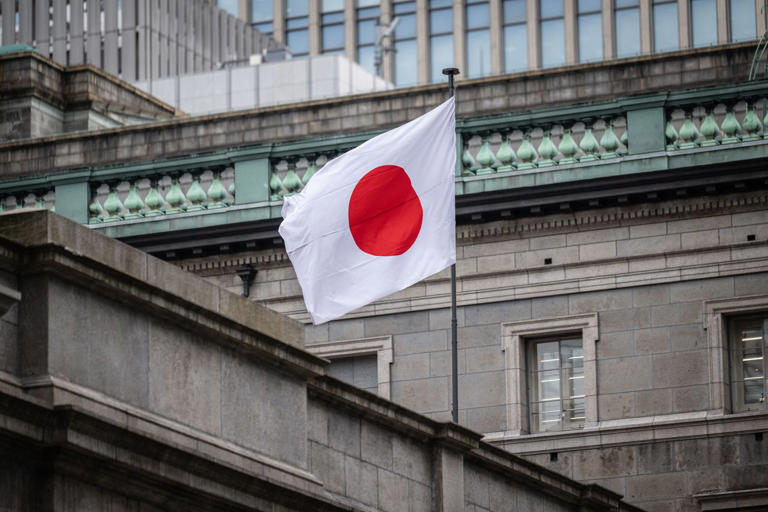The Bank of Japan’s recent decision to reduce government bond purchases marks a significant shift in its monetary policy stance, reflecting a move towards gradual tightening amidst a backdrop of global economic divergence. This decision comes as the BOJ continues to navigate the complexities of post-pandemic economic recovery and inflation dynamics unique to Japan’s economic landscape.
Initially, the BOJ opted to maintain its policy interest rate unchanged within the range of 0% to 0.1%, a level set since the bank abandoned its negative interest rate policy earlier in the year. However, the reduction in government bond purchases, a key component of its quantitative easing program, indicates a strategic pivot towards less accommodative monetary measures. Currently purchasing Japanese government bonds (JGBs) at approximately ¥6 trillion per month (around $38 billion), the BOJ announced intentions to scale back these purchases, with precise details to be finalized at the upcoming July meeting.
The market response to the BOJ’s announcement was somewhat muted initially, with the Japanese yen weakening modestly against the U.S. dollar. This reaction stemmed from investor uncertainty surrounding the central bank’s lack of specific guidance on the magnitude and timeline of the bond purchase reduction. Market analysts, including Naomi Fink from Nikko Asset Management, highlighted the disappointment among some investors who had anticipated clearer signals on future monetary policy adjustments, including potential rate hikes.
Japan’s shift towards monetary tightening contrasts sharply with recent actions by other major central banks. For instance, the European Central Bank recently cut rates for the first time since 2019, while the Federal Reserve in the United States is considering rate cuts amidst differing inflationary pressures and economic indicators. This divergence underscores the nuanced approach taken by each central bank in response to domestic economic conditions and global economic uncertainties.
BOJ Governor Kazuo Ueda clarified during a subsequent news conference that the reduction in bond purchases would be substantial and would commence promptly after the July meeting. This strategic adjustment aims to recalibrate monetary stimulus while maintaining financial stability and fostering sustainable economic growth. As existing JGBs mature without full replacement, the BOJ’s balance sheet dynamics are expected to evolve, potentially leading to a gradual reduction in its holdings of government bonds.
Despite these measures, market analysts remain cautious about the yen’s near-term outlook. The persistent interest rate differential between Japan and the U.S., coupled with expectations of continued monetary policy divergence, is likely to exert downward pressure on the yen’s exchange rate. Citi strategist Tomohisa Fujiki emphasized that while reduced bond purchases contribute to tightening, substantial impact on the yen’s valuation would necessitate actual interest rate hikes in addition to the ongoing reduction in bond buying.
Looking ahead, market participants will closely monitor economic data leading up to the BOJ’s July meeting for further insights into Japan’s economic recovery trajectory and potential monetary policy adjustments. Clarity on the BOJ’s bond purchase reduction plans and any indications of future rate hikes will be crucial in shaping market expectations and yen volatility in the months ahead.
In conclusion, the BOJ’s decision to reduce government bond purchases signifies a cautious move towards monetary tightening aimed at navigating Japan’s economic recovery post-pandemic. As global economic conditions evolve, the BOJ’s policy adjustments will play a pivotal role in determining both domestic economic stability and the yen’s performance in international currency markets.
